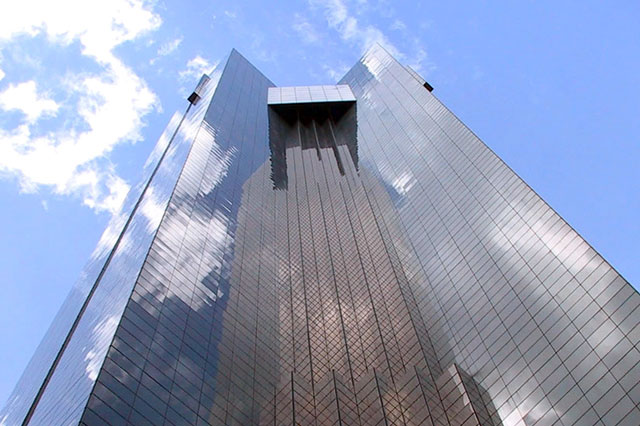
The 16,9m people receiving welfare payments from South Africa’s government into bank accounts should have the right to choose between financial services companies, according to the country’s central bank.
A contract awarded by the South African Social Security Agency (Sassa) to Johannesburg-based Net1 UEPS Technologies to pay grants electronically in 2012 has this year been dogged by court battles and criminal charges. Under the contract, which will be taken over by the agency when it expires next year, Net 1 arranged for Grindrod Bank to provide the accounts.
While the system brought an end to cash payments in a country where some of the poorest and least educated risked being mugged after sometimes queuing for hours to collect payouts, it opened the way for other abuses.
The government in May amended regulations to ban direct deductions from the accounts saying that in addition to funeral insurance, which it had allowed, debits were being made for goods and services including mobile phone airtime and short-term loans. It said many people didn’t know what they were consenting to when they signed debit orders.
The South African Reserve Bank is recommending that beneficiaries be allowed to “obtain an account from a bank of their choice”, Jabulani Sikhakhane, a spokesman for the Pretoria-based regulator, said in an e-mailed response to questions. They should get accounts that adhere to the welfare agency’s requirements, so that it could include subsidised transactions and a restriction on debit orders, he said.
The central bank also wants more stringent criteria to be applied for the sale of financial products to social grant recipients, including language that is easy to understand so people don’t buy unsuitable services, Sikhakhane said.
The Reserve Bank oversees all payments in South Africa and should be consulted over the design of future systems for grantees, Sikhakhane said.
Changes to deductions would also need to be handled carefully as an “abrupt termination of debit orders” could cause disruptions to the national payment system, he said.
“The Reserve Bank would also support an open competitive architecture as the basis for the design of future payments systems,” he said. “Sassa should specify its requirements, guided by the unique needs of social grant beneficiaries, and financial service providers should respond.”
In the last financial year, South Africa paid out R129bn in grants, which range from R330 to R1 435/month and are the primary income for one in five households.
Sassa had regulations amended after it objected to the sale of funeral policies to children on welfare by insurance companies. At the time it was involved in court cases regarding the policies with Lion of Africa Assurance and a unit of Sanlam.
The regulation changes prompted Net1 to file a court case against Sassa that has been joined by Grindrod and other parties. Sassa filed criminal charges against the two companies for allowing deductions to continue being made.
In court documents filed last month in response to the case brought by Net1, the central bank said the company may have a conflict of interest as its subsidiaries market products and services to grant recipients. It also said Grindrod may be too small to effectively carry out its role in the system.
Unlawful act
As of 2014, Grindrod Bank had 163 employees with assets under management of R14,3bn, according to its website. Standard Bank, South Africa’s biggest bank by assets, had more than 54 000 workers at the end of last year, and assets 47 times that of Grindrod. South Africa’s three other major banking groups, Nedbank, Barclays Africa and FirstRand, have between 31 000 and 43 000 employees each.
Christopher Newland, head of retail for Grindrod Bank, who filed court papers on behalf of the lender last month, didn’t immediately respond to a phone message and an e-mail requesting comment. The company last month said that Sassa is acting unlawfully by ordering a halt to the deductions.
The Banking Association of South Africa didn’t immediately respond to a request for comment.
As many as 40 000 grant recipients have already opened accounts at the four biggest lenders, said Dhruv Chopra, a spokesman for Net1. “There are 1 350 companies that provide various financial services to beneficiaries. We only own three out of the 1 350.”
Net1’s system “is already open as it is compliant” with global credit and debit card payment standards and uses MasterCard for its services, he said. If regulators were to insist on open architecture “it would make no difference to us”, he said.
Net1’s system has been reviewed by the Competition Commission as well as the Reserve Bank and the Payments Association of South Africa, according to Chopra. “The entire system is built for competition, and competition already exists and is encouraged.” — (c) 2016 Bloomberg LP
- Written with assistance from Renee Bonorchis

